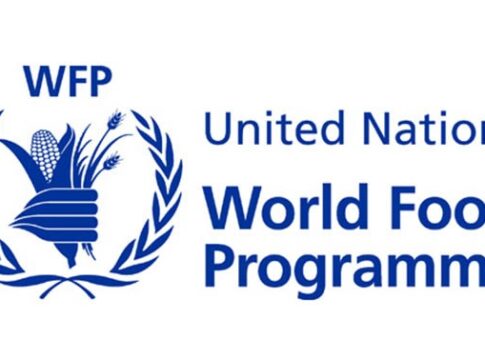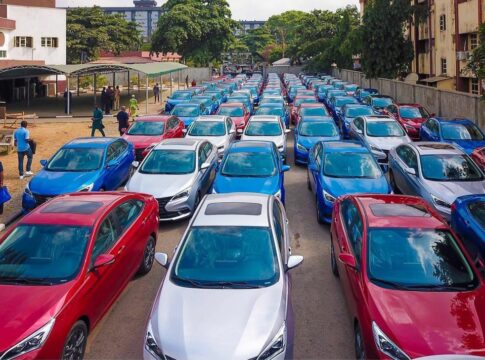The United Nations World Food Programme (WFP) has announced a $2.5 billion initiative to combat hunger and malnutrition in Nigeria. The program, part of its 2023–2027 Country Strategy Plan, aims to achieve zero hunger and improve nutrition for millions of Nigerians.
Mr. Seriene Loum, the Head of Programme at WFP, disclosed this during a workshop in Abuja on Wednesday. He highlighted that the initiative aligns with the Sustainable Development Goals (SDG 1 and 2) to eradicate poverty and hunger. “This five-year plan prioritizes emergency food aid, nutrition enhancement, and supply chain fortification to ensure no one goes to bed hungry,” Loum said.
Food Insecurity Looms Over Millions
According to WFP data, 25 million Nigerians are currently acutely food insecure, a number projected to rise to 33 million by mid-2025. Loum emphasized, “Given the economic trends and vulnerabilities, our collaborative efforts with Nigeria’s government are more crucial than ever.”
WFP plans to strengthen institutional capacities and improve food supply chains to address this crisis. The strategy also focuses on food fortification and enhancing emergency preparedness.
READ MORE: Nigeria Allocates N940bn for University Upgrades, Student Loans in 2025 Budget
Nigeria operates one of Africa’s largest social safety net programs, which has significantly impacted millions of lives. Prof. Badamasi Lawal, CEO of the National Social Investment Programme Agency (NSIPA), praised the WFP partnership as a “testament to international cooperation.”
Lawal cited successful initiatives like the National Home-Grown School Feeding Programme and N-Power, which have provided opportunities for economic empowerment and education. “This partnership leverages WFP’s expertise in food security and nutrition to amplify our impact,” he stated.
Loum acknowledged Nigeria’s ambitious efforts to alleviate poverty, noting the government’s proactive measures to address hunger and malnutrition. “Achieving zero hunger by 2030 is an ambitious goal, but through strong collaboration with WFP and stakeholders, it is attainable,” he said.




